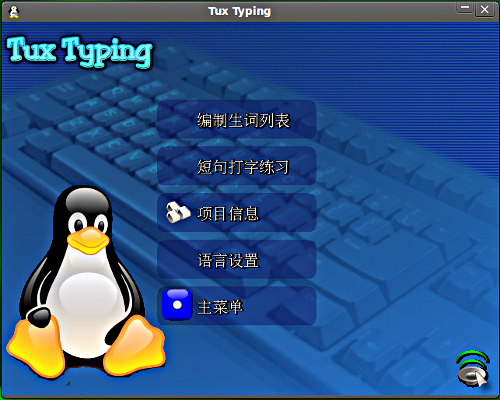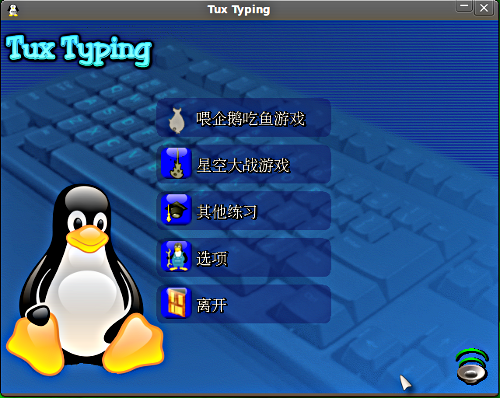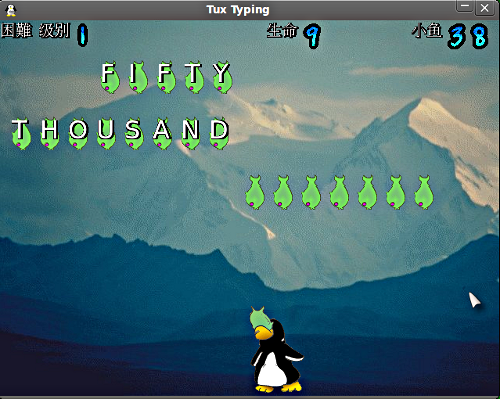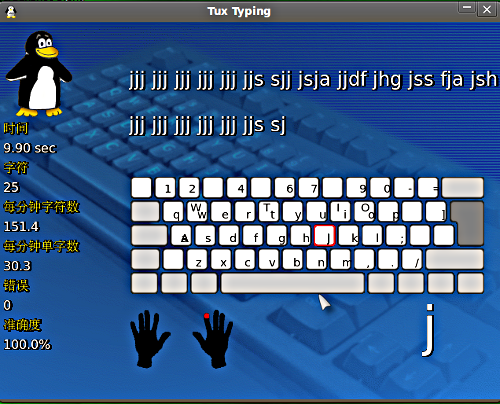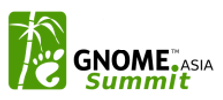 As part of the organizing team of GNOME.Asia Summit, I would like to post the Call for participants of the GNOME.Asia Summit 2010 here and let all the communities in Asia know that we are looking for speakers, exhibitors and participants this year. Please find below the announcement and don’t hesitate to pass the message along!
As part of the organizing team of GNOME.Asia Summit, I would like to post the Call for participants of the GNOME.Asia Summit 2010 here and let all the communities in Asia know that we are looking for speakers, exhibitors and participants this year. Please find below the announcement and don’t hesitate to pass the message along!
Dear GNOME friends,
For this third edition of the GNOME.Asia Summit we’re delighted to partner with the organizers of the largest annual community-based Open Source conference in Taiwan, COSCUP (Conference for Open Source Coders, Users and Promoters). The event will be held on August 14th and 15th at the International Conference Hall, Research Center for Humanities and Social Sciences, Academia Sinica in Taipei (Taiwan).
Right now the joint conference of COSCUP / GNOME.Asia 2010 is calling for papers. With a tagline of “Open Web and Mobile Technologies”, it emphasizes the exciting development in these two areas as well as the GNOME desktop environment, and leverages the world-leading hardware industry in Taiwan.
Call for Paper
Submit a Talk!
Important Information
The deadlines:
- Submission: June 25th 2010
- Notification of acceptance: July 4th 2010
Conference:
- Conference Date: August 14th – 15th 2010
- Venue: International Conference Hall, Humanities and Social Sciences Building, Academia Sinica, Taipei, Taiwan
Main Topics
Possible topics include, but not limited to:
1. The latest GNOME 3.0
The three big things about GNOME 3 are user experience, accessibility, and apps. The most coolest apps on GNOME 3.0 etc.
2. GNOME library and application development
Development involves many different projects, on the GNOME Desktop Environment and the GNOME applications.
3. Desktop deployments and customization
Deploy and customize GNOME desktop in your country
4. Mobile platforms and thin clients
GNOME desktop on mobile platform, like on phone, thin clients like Sun Ray
5. Localization & Internationalization
Translation, Input Method, Dictionary, anything related to L10n and I18n is welcome
6. GNOME Communities
Organize local Users Group, spreading the knowledge of GNOME and building a vibrant, thriving community around GNOME
7. GNOME Accessibility
Accessibility enables people with disabilities to participate in activities such as work and the use of services, products, and information.
8. Testing
Automation testing framework, test cases developement, bug management and all kings of topic related to QA.
9. HTML 5 and the Web Technologies
Topics around web technologies including demonstrations, tips and applications etc. It would be best if it was related to HTML 5 and front-end technologies but is not a requirement.
10. FOSS & Hardware
Hack your devices using FOSS! The term “devices” include embedded systems, home electronics, set-top boxes, wireless base stations, e-book readers, automotive electronics, mobile phones, and PDA/MIDs etc.
11. FOSS Business, legally
FOSS legal issues which include standard processes on FOSS commercial usage, FOSS business model research, and reverse engineering for GPL compliance check.
12. Other topics
Any FOSS related topic which not listed above is still welcome. Your participation can help us make the conference better, and that’s how Open Source communities work!
13. Lightning talks
A five-minutes presentation to demonstrate your work or promote an interesting topic. Reservation and on-site application are both accepted.
The sessions at the COSCUP / GNOME.Asia 2010 will be scheduled for two time blocks:
A: 45mins talk + 15 mins Q&A
B: 25mins talk + 5 mins Q&A
Please take into consideration any time you will need for preparation. The session could be a technical talk, panel discussion, or BOF.
If you’d like to share your knowledge, experience, or opinion at COSCUP 2010, please fill in the form here before June 25th, 2010. The program committee will contact you before July 4th, 2010 to inform you whether your submission has been accepted or not.
All interested contributors are highly encouraged to send in their talks. Please help us to spread the invitation to other potential participants. Even you do not plan to be a speaker, please consider joining COSCUP / GNOME.Asia 2010. This is going to be a great event!
Sincerely,
GNOME.Asia
Organization Team
